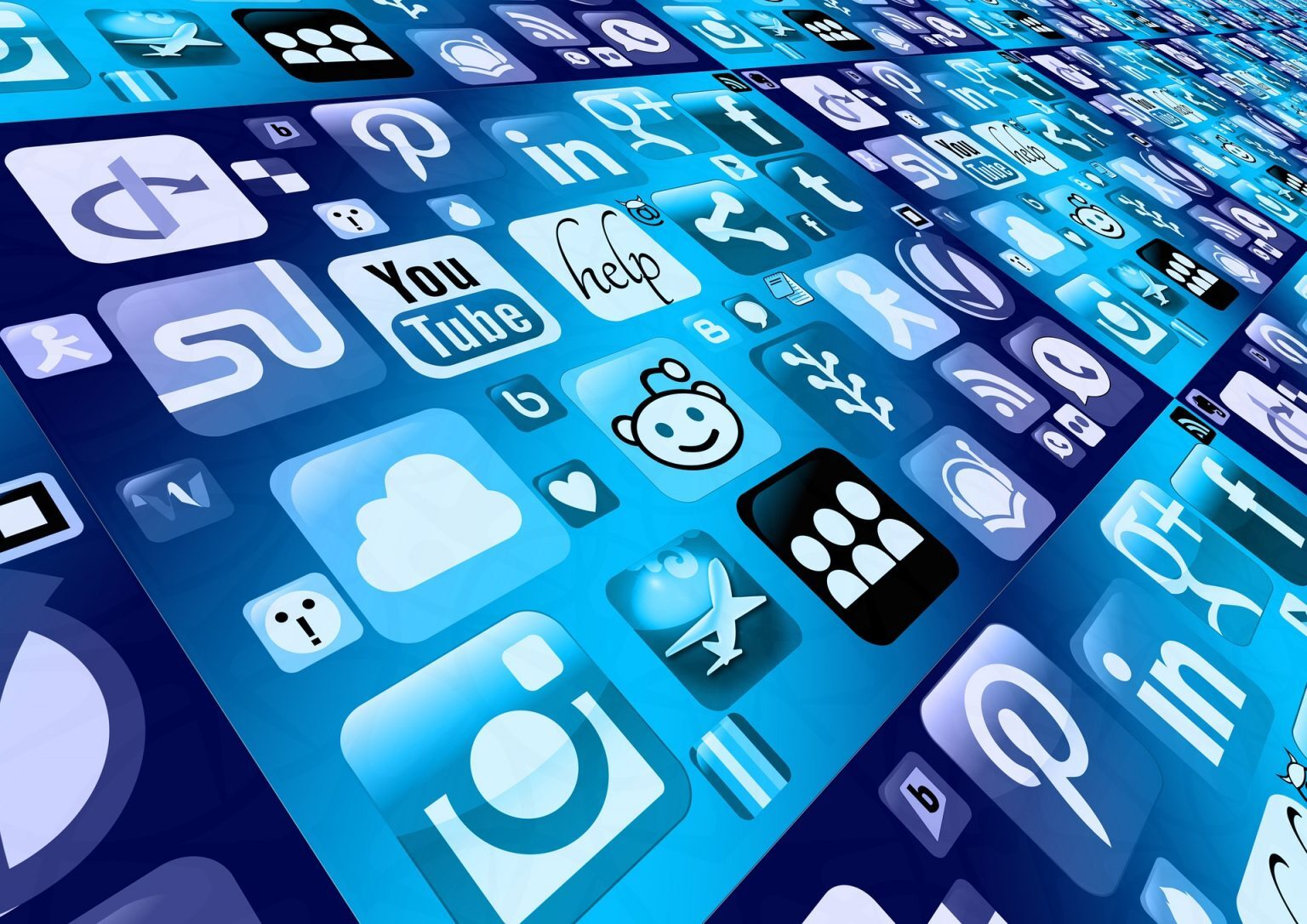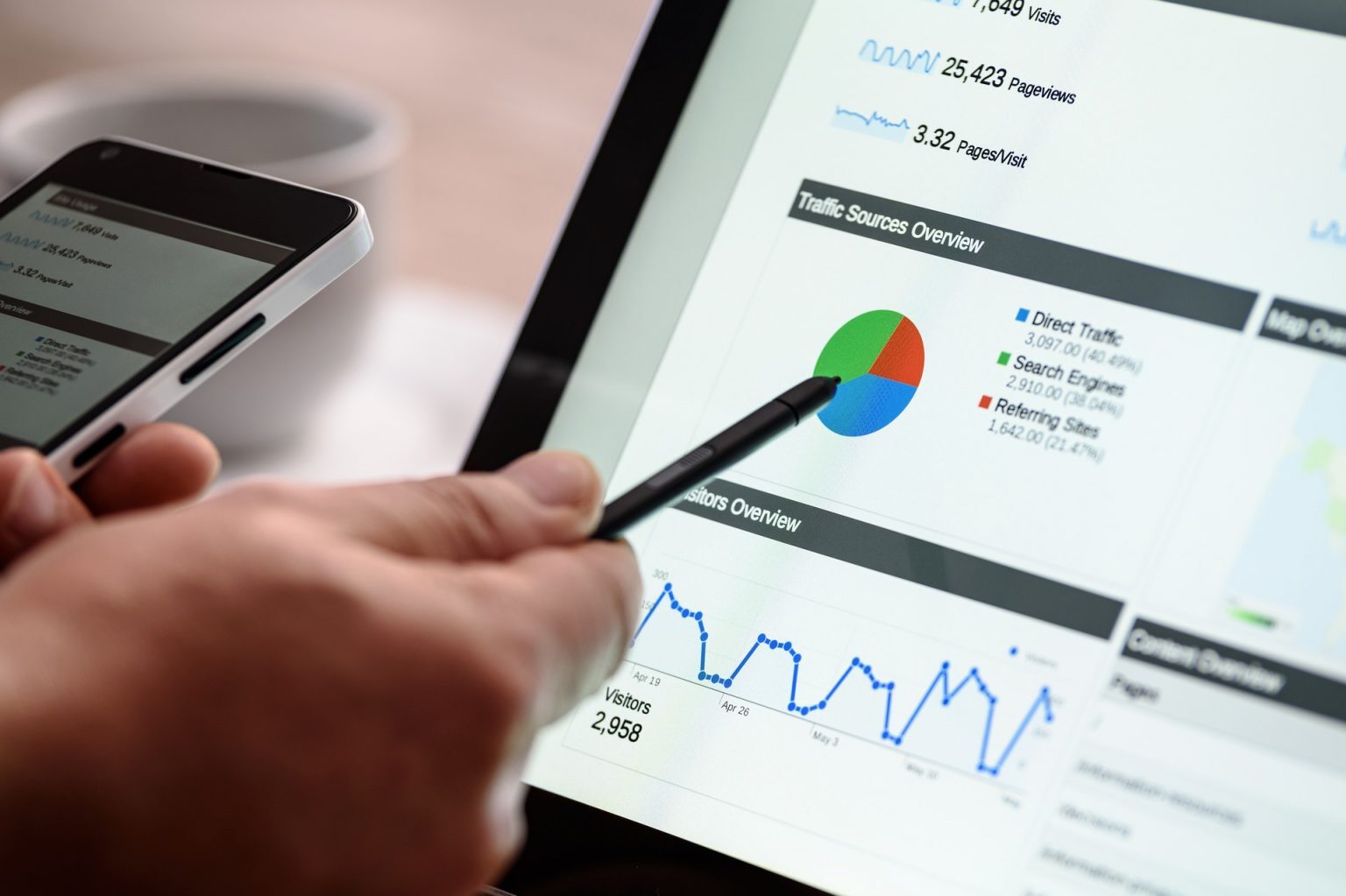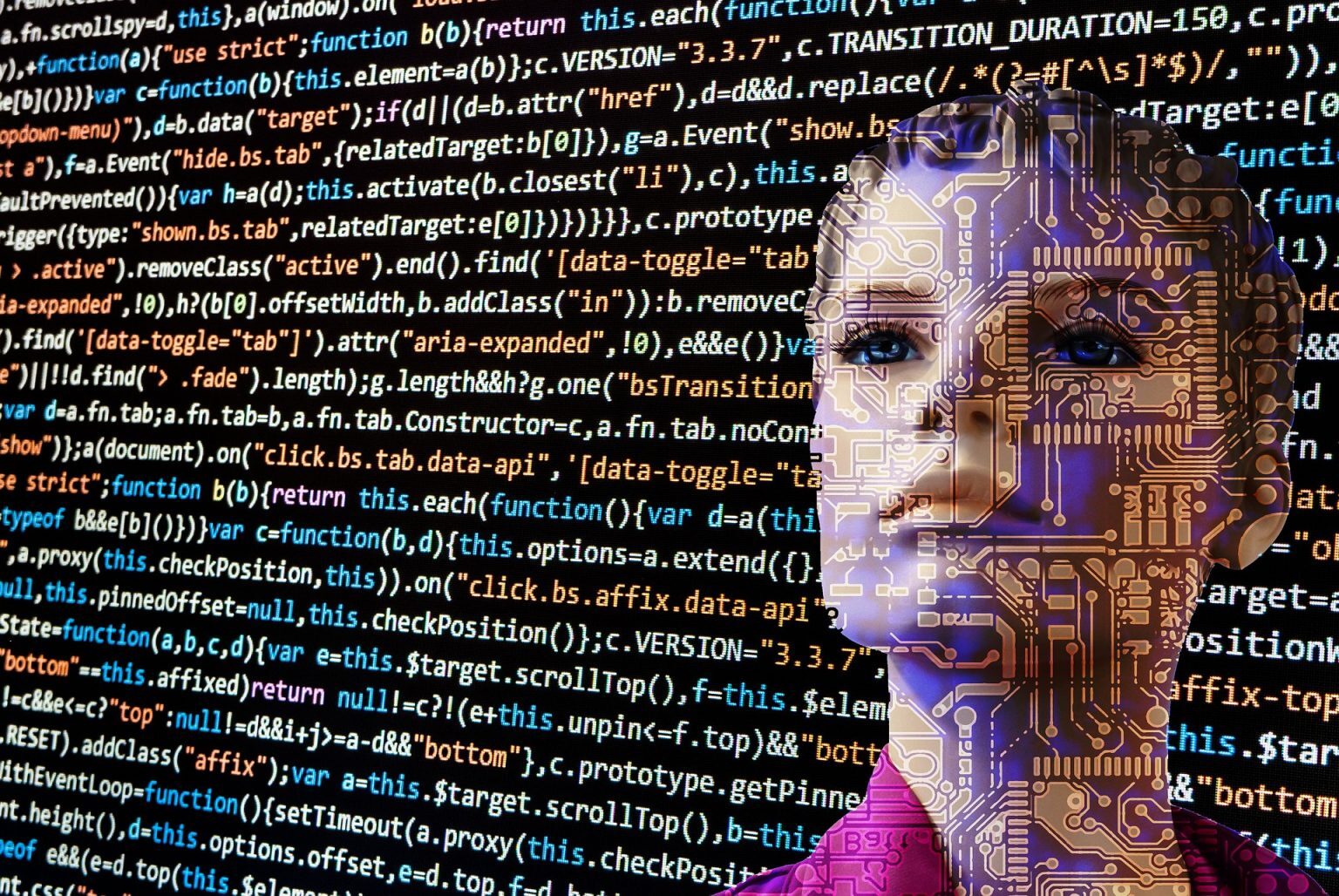If you spend hours of the day on your phone checking social media, you’re not unusual. The average internet user spends two hours a day on various social media sites. But does your habit of checking Facebook, Instagram, Twitter and TikTok every few hours make you a social media “addict”? The term “social media addiction” is being increasingly used to describe people who spend a lot of time on these websites and apps. Doing so can be harmful to people in a variety of ways – causing low self esteem, bad sleep and increasing stress. The main focus when considering addiction to substances tends to…
Author: The Conversation
Described by some as “Europe’s biggest tech show”, the Berlin Radio Show has long been famous for exhibiting the next big thing in consumer electronics. In 1963, that was the compact audio cassette, introduced at the time by its creator, the late Dutch engineer Lou Ottens, who died in early March. Over the course of Ottens’ lifetime, cassette tapes came to redefine listening habits, which until then had been limited to the much more unwieldy vinyl record. Car stereos and the iconic Sony Walkman suddenly made individual listening experiences possible outside of the home. The re-recordable nature of the format, meanwhile, helped music fans…
There’s hope that some industrialised countries will achieve near-universal vaccination against COVID-19 in the coming months. Yet the effort to vaccinate even the most essential workers in developing countries has only just begun. By current estimates, achieving herd immunity (to current strains) will require at least 75% of the world’s population to be vaccinated. Some developing countries haven’t reached that level of coverage even for common vaccine-preventable diseases like measles and polio. Many low-income countries will soon get vaccine access through the COVAX initiative. The first doses distributed in sub-Saharan Africa under COVAX were injected at the end of February. Around 30 million more doses are expected…
As an academic researcher, developer of artistic technology and amateur artist, I was quite skeptical about crypto art when I first read about it several years ago. However, I follow a community of artists on social media, and some of the artists there whom I respect, like Mario Klingemann and Jason Bailey, embraced and advocated for crypto art. Within the past few months, activity and prices seemed to snowball. I started thinking it deserves to be taken seriously. Then the Beeple sale happened. On March 11, Beeple, a computer science graduate whose real name is Mike Winkelmann, auctioned a piece of crypto art at Christie’s for US$69…
Last week, Christie’s sold a digital collage of images called “Everydays: The First 5000 Days” for US$69.3 million dollars. This week, Elon Musk said he’s selling a tweet of his as an NFT, which contains a song about NFTs. The bidding on Musk’s tweet has already topped $1 million and millions more are pouring into the market — he has since tweeted, “Actually, doesn’t feel quite right selling this. Will pass.” And sites like NBA Top Shot (where you can buy, sell and trade digital NBA cards) have individual cards selling for over US$200,000. https://twitter.com/elonmusk/status/1371549960030842893? It might sound ridiculous but the explosive market of crypto-collectibles and…
Just as other brand names make their way into the dictionary, Zoom has now become a daily verb and a noun. We Zoom each other, we say “Let’s have a Zoom,” and we get Zoom fatigue. Now there’s Zoom burnout as well – a phrase that encompasses a lot more than the eye strain of too much screen time. Emerging research shows we get less done and we may end up unnecessarily replicating communication in our personal and working lives. A new study highlights the causes of this fatigue and how to deal with it. Too much Zooming can become mentally demanding. There’s a lot of evidence that…
When the children’s digital game Roblox launched on the New York Stock Exchange last week, the company’s share price rapidly took off. By the end of the day, it was valued at US$38 billion. How can a game for kids be worth so much? What is Roblox? Roblox has been around since 2004, but it’s often overshadowed by the more popular and easily understandable game Minecraft. Bought by Microsoft in 2014 for a comparatively paltry US$2.5 billion, Minecraft players create and explore pixelated worlds and share them with friends. In Roblox, players can create and share entire games — or play any…
In March 2021, Google announced that it was ending support for third-party cookies, and moving to “a more privacy first web.” Even though the move was expected within the industry and by academics, there is still confusion about the new model, and cynicism about whether it truly constitutes the kind of revolution in online privacy that Google claims. To assess this, we need to understand this new model and what is changing. The current advertising technology (adtech) approach is one in which platform corporations give us a “free” service in exchange for our data. The data is collected via third-party…
Imagine running on a cement footpath, and then suddenly through dry sand. Just to keep upright, you would have to slow down and change the way you run. In the same way, a walking robot would have to change its gait to handle different surfaces. Generally, we humans and most robots can only change how we run. But what if we could also change the shape of our bodies to run as fast and safely as possible on any surface? We would like to rely on robots for difficult and dangerous tasks, from inspecting failed nuclear reactors to space exploration. For these…
Thomas Jefferson, the American statesman and third US president, was many things (including, notoriously, a slave-owner). But whatever else he was (or wasn’t), he was a firm believer in what he called the “suffrage of the people” — what today we’d call democracy. The democracy he had in mind, of course, wasn’t a truly “general suffrage” of all citizens: in its most ambitious form it enfranchised only male taxpayers and soldiers. It was also far removed from the classical ideal set by Ancient Athens, in which all eligible citizens gathered regularly to debate and settle policy. Still, even Jefferson’s limited…









